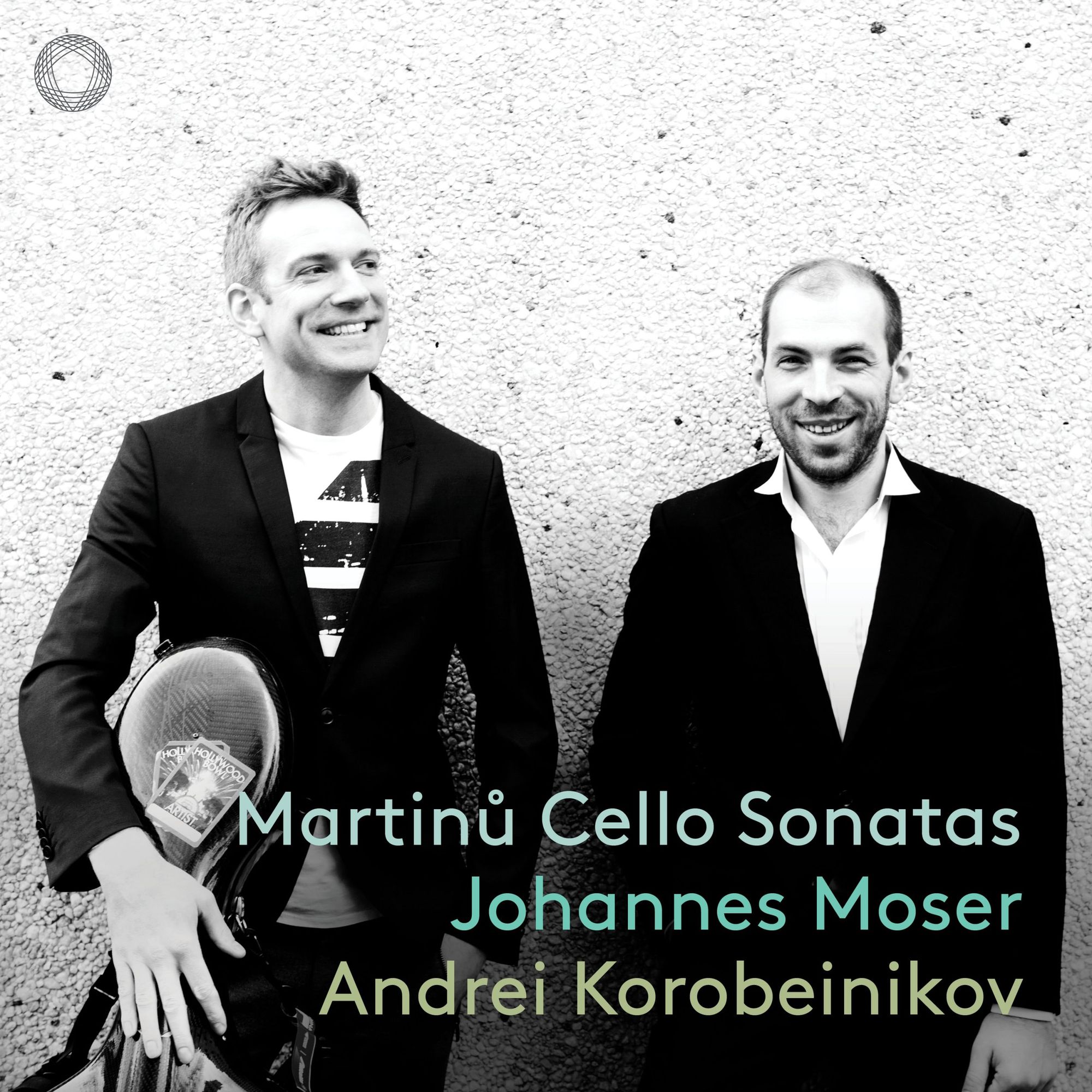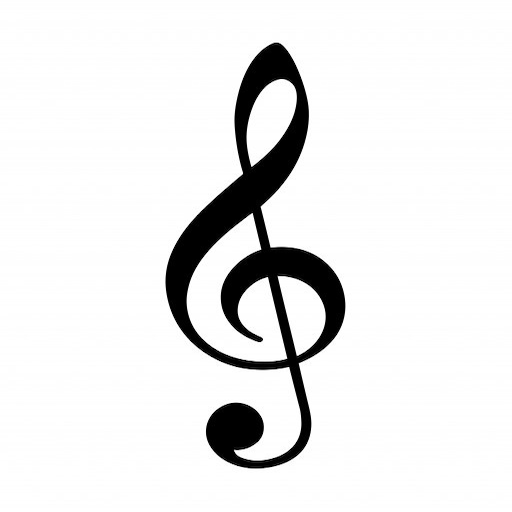Martinů Cello Sonatas on Pentatone

Cellist Johannes Moser and pianist Andrei Korobeinikov present Bohuslav Martinů’s complete cello sonatas. After their award-winning recording of works by Prokofiev and Rachmaninov from 2016, Johannes Moser and Andrei Korobeinikov present Martinů’s three Cello Sonatas, substantive pieces that very much reflect the composer's life of displacemet (to the USA), of war yet also of hope.
The Sonatas are not presented in numerical order, but let’s start here with the Cello Sonata No. 1, H. 277. It was composed in 1939 (when the composer was based in Paris; he moved there in 1923 to study with Albert Roussel). The first movement, in the key of B flat minor, is decidedly jittery - as Gavin Plumley says in his excellent booklet notes, it is “like an intemperate danse macabre” with the cellist”s stoppings acting as a brake to the ongoing momentum. Yet there is joy, there, too, particularly in the brightness of some of the piano chords, beautifully delivered by Korobeinikov; Moser’s cello sings beautifully, ardently all the while:
The central Lento is tortured, its melodic themes beautifully projected by Moser, its chorale-like demanour in total contrast to the rather manic finale (in a virtuoso performance from both Moser Korobeinikov - what makes this release so special is the way the two musicians are so attuned). The piece ends in a sudden blaze of hard-won, semi-triumph. This truly is chamber music of the highest order:
The Second Sonata is one of the composer's first American works. Its opening movement is full of contrasts, especially marked in this performance:
The radiant, prayer-like piano chords of the central Lento - with a surprising harmonic twist - usher in a wide-ranging movement climaxing in an impassioned outburst from the cellist. A passage later when the piano uminates over a long-held cello note is particularly impressive:
The rumbling, earthy finale could hardly be more different: unforgettably recontexualised Czech folk music. This performance is terrific, with a sense of the unbridled:
There was a sizeable gap between the second and third cello sonatas, as orchestral writing took over teh composer’s time. Written in memory of the Dutch cellist Hans Kiindler (who had been conductor of the Washington Symphony Orchestra in Wishington DC), the first movement is decidedly more open in expression. The piano part verges on the truly virtuosic, and Korkoeinikov is resplendent; Moser is beautifully expressive and warm of tone (he plays on a 1694 Andrea Guarneri):
The slow movement is a magnifcent outpouring, Moser at his very finest, but it is the finale that is perhaps most surprising, which to my ears sounds remarkably American:
There is obvious competition here: not least from Starker and Firkusný, but also from Steven Isserlis' two recordings (on Hyperion with Peter Evans, and on BIS with Mustonen). But the sense of connection between Moser and Korobeinikov cannot be ignored, and Pentatone's recorded sound is truly excellent.
Cellist Thomas Moser has this to say about the recording project:
We came together in the spring of 2022 at a beautiful remote studio in the middle of the Dutch countryside, with wide open fields and just a few pigs and cows standing as witnesses, and we found ourselves in a perfectly sparse environment to embark on a once in a lifetime journey to explore and record the world of the Martinů Sonatas, a journey nothing short of pure existentialism and deep personal expression. While the three sonatas offer incredibly strong individual positions, Andrei and I found that the true adventure begins when experiencing the three sonatas together. This tour de force has the listener (and the performers!) traveling through deepest darkness, explosive exuberant expression all the way to hymnal relief and joyous song. It almost feels like the dramatic overarching curve was meant to tell an epic tale through three snapshots of his life. Martinů‘s voice is famously recognizable through his textures and harmonic choices. However, these musical mechanics never feel self-serving in these pieces, instead they move the personal narrative forward and support the emotionality rather than overshadowing it. Through his sonatas, Martinů extends an almost painfully honest invitation to his inner state, an existence tortured by wartime, emigration, longing for the homeland, yet also finding spiritual catharsis and hope. These emotions felt almost hyper-real to us as the recording coincided with the attack on Ukraine. Martinů’s feelings became our feelings, watching the horror of a war unfolding, but also searching for hope and relief in the midst of turmoil.
... while Andrei Korobeinikov says:
In many well-known chamber sonata masterpieces the interrelation between the “monodic” soloist and the piano seeks to reflect the dialogue based on “man-world” coexistence. However Martinů emphasises the extreme interdependence of both parts. He evokes the indivisible sides of a hermetic world encompassing a single consciousness (or subconsciousness). Johannes and I underwent the extraordinary experience of enjoying images and emotions together, as a single entity. This was extremely demanding and exciting!
... and here, finally, is a video of one of the recording sessions for this release:
It is hard to imagine a finer combination of stunning performances and demonstration-standard recording.









